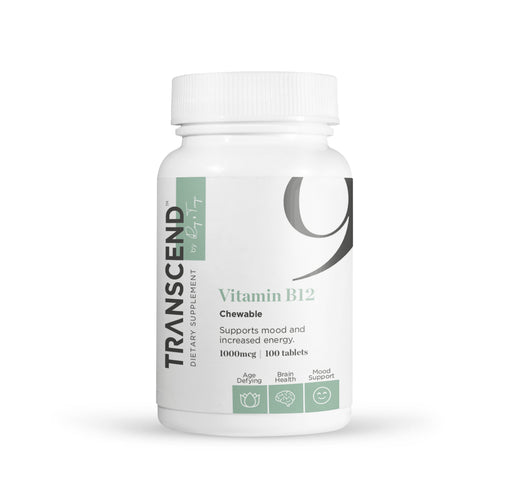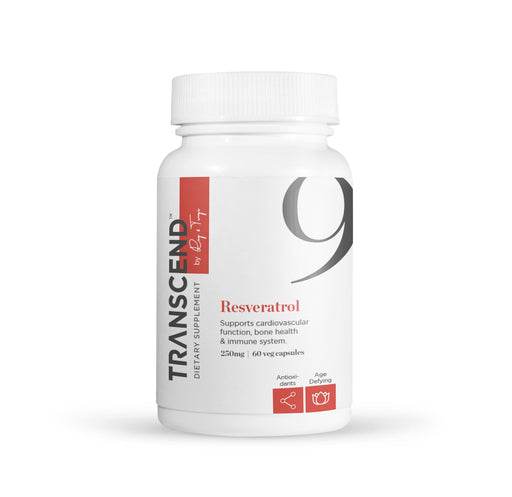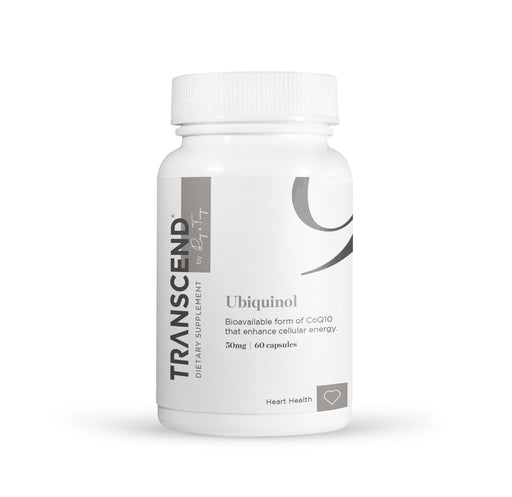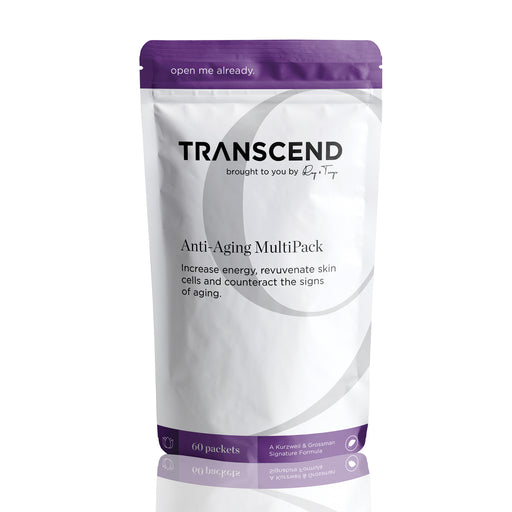
Vitamin B-12, Sublingual
Increased energy Improve mood Fight fatigue Common deficiency Better absorption Vitamin B12 (also called cobalamin) is one of eight water-solu...
View full details
The term “self-care” has gained significant traction in everyday conversation and has climbed to the top of the ranks of trending topics–but what does it really mean? If the hashtags and images on social media are to be believed, practicing “self-care” is as easy as lighting a scented candle and settling into a bubble bath, or treating yourself to a glass of wine.
This definition lends itself very well to the task of capturing attractive Instagram photos; it perpetuates the assumption that self-care is a (primarily) female activity that revolves around frivolous pampering. While there is nothing wrong with treating yourself to any of these things from time-to-time, practicing self-care goes far beyond face masks and bath bombs, and may take a bit of practice to truly integrate these habits into your daily routine.
The World Health Organization defines self-care as everything a person does, for themselves, to establish and maintain health while preventing and dealing with illness. It encompasses everything from what we eat, to where we live and the types of people we surround ourselves with. At a basic level, the idea of making good choices in order to stay healthy seems obvious, but the need for practicing self-care runs deeper than maintaining physical health, and identifying the areas that require deeper examination can take practice.
With the help of technological advancements, society has grown and evolved at an exponential rate over the last few decades. While we reap the spoils of our (relatively) new access to limitless information, and ability to accomplish things better and faster than ever before, we must also contend with consequences including: emotional distress, burnout (both physical and mental), community alienation, illness and premature aging. By practicing mindful self-care, you are making a commitment to yourself that will help you be in control of your future wellness and longevity.
Some of the benefits of self-care include:
The first step towards integrating self-care practices into your routine is adopting a self-care mindset – conducting regular self-assessments helps to maintain mindful awareness of the various aspects of your life, especially those that are often overlooked. There are plenty of online resources to help you create a self-assessment checklist, but here are a few general areas that everyone should consider when they commit to loving themselves:
Physical – Are you actively caring for your physical self? This can mean anything from eating a healthy diet, going for regular preventative check-ups/receiving medical care, getting enough sleep, and maintaining sexual fulfilment, to just taking time off when you need a break.
As we continue to shine light on conversations involving mental health, wellness and longevity, it becomes clear that self-care practices are about carving out space – be it emotional, physical, intellectual or social in nature– so we can all thrive as the best possible versions of ourselves.
Further Reading:

Increased energy Improve mood Fight fatigue Common deficiency Better absorption Vitamin B12 (also called cobalamin) is one of eight water-solu...
View full details
Combat internal aging Protect cells from radiation damage Increase antioxidant capacity Take with lecithin for better absorption Optimal dose for...
View full details
2022 update: Future batches of this product will use a Ubiquinol product that is a greenish capsule rather than a red softgel Bioavailable form o...
View full details
A Kurzweil + Grossman Formula Continued Synergy between Science and Convenience Convenient dosage packets Top anti-aging products Increase energy...
View full details